“Bold Alaska Move: How a Putin Summit Could Shake Global Politics”
The Alaska Gambit: Trump’s Proposed Putin Summit and the Geopolitical Earthquake
How a potential meeting in America’s northernmost state could reshape international relations
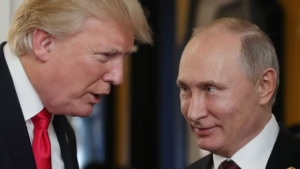
The Proposal That Shocked Diplomats
According to sources close to the former president, Trump has privately suggested Alaska as a “neutral but symbolic” location for a potential meeting with the Russian leader. This proposal comes at a critical juncture in international relations, with the Ukraine conflict entering its fourth year and U.S.-Russia relations at their lowest point since the Cold War.
The choice of Alaska is particularly significant given its history. Once known as Russian America, the territory was purchased by the United States in 1867 for $7.2 million. For Trump, the location represents both a historical connection and a statement about American sovereignty. “It’s our land now,” Trump reportedly told advisors, “but the history makes it interesting.”
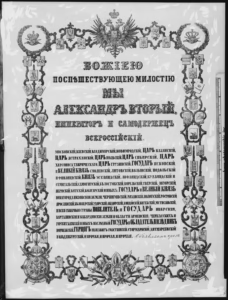
– Former President Donald Trump to advisors
Geopolitical Implications
The potential summit has sent shockwaves through diplomatic circles. European allies have expressed concern that such a meeting could undermine Western unity on sanctions against Russia. Meanwhile, the Biden administration has maintained that only sitting presidents should conduct official diplomacy with foreign leaders.

Analysts point to several critical implications of a potential Alaska summit:
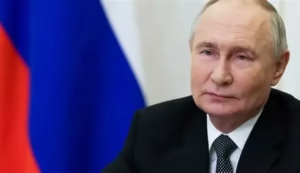
- Legitimacy for Putin: A meeting with a leading U.S. presidential candidate would provide Putin with valuable political legitimacy amid international isolation.
- Campaign Dynamics: With Trump leading in key swing states, the meeting could boost his image as a statesman capable of resolving international conflicts.
- Arctic Strategy: Alaska’s proximity to the Arctic makes this strategically significant as global powers compete for resources in the melting polar region.
- Historical Echoes: The meeting would evoke memories of Reagan-Gorbachev summits during the Cold War, positioning Trump as a peacemaker.
The Kremlin’s Response
Russian officials have been characteristically coy about the proposal. Kremlin spokesperson Dmitry Peskov stated that Putin “is always open to dialogue,” but emphasized that any meeting would have to be “carefully considered.” Russian state media has covered the proposal extensively, framing it as evidence that Western opposition to Putin is weakening.
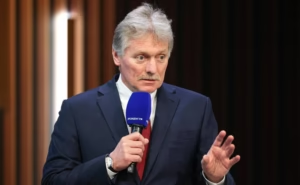
Historical Context: Alaska’s Russian Heritage
Alaska’s Russian-American Timeline
Today, Alaska retains visible traces of its Russian heritage. In towns like Sitka and Kodiak, Russian Orthodox churches with distinctive onion domes still stand. Northern State Native Heritage Center notes that approximately 20% of Alaskans claim some Russian ancestry, and Russian remains the third most spoken language in the state after English and Spanish.

Political Reactions and Controversy
The proposal has generated fierce debate across the political spectrum:
Supportive Voices
Several Republican lawmakers have defended the proposal. Senator Lisa Murkowski (R-AK) stated: “Alaska has always been a bridge between East and West. If a meeting here can help reduce tensions and move toward peace, we should welcome it.” Conservative commentators have framed the proposal as bold statesmanship.
Criticism and Concerns
Democrats have universally condemned the idea. President Biden called it “the latest in a long pattern of troubling behavior,” while Secretary of State Antony Blinken warned that “private citizens shouldn’t conduct diplomacy for the United States.” Security experts have raised concerns about the optics of a former president meeting with an adversary against whom the U.S. has imposed severe sanctions.
– Senator Chris Murphy (D-CT) on CNN
What Would a Summit Achieve?
Experts are divided on the potential outcomes of such a meeting:
- Ukraine Conflict: Trump claims he could negotiate a settlement “in 24 hours,” though experts question what concessions he might offer.
- Arctic Cooperation: Alaska’s location could facilitate discussions on resource management in the rapidly changing Arctic region.
- Nuclear Arms Control: With the New START treaty set to expire in 2026, the meeting could lay groundwork for future negotiations.
- Symbolic Reset: At minimum, the meeting would symbolize a potential thaw in U.S.-Russia relations under a future Trump administration.
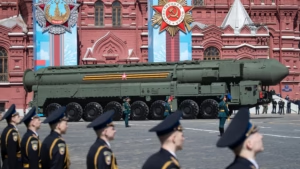
Conclusion: High Stakes Diplomacy
Trump’s proposal for an Alaska summit with Putin represents more than just a meeting location – it’s a geopolitical statement with profound implications. The choice of Alaska deliberately evokes historical connections while asserting American sovereignty. As the 2024 election approaches, this proposal underscores how foreign policy remains a central battleground.
Whether the meeting materializes or not, the very suggestion has already accomplished several objectives for Trump: it positions him as a potential peacemaker, dominates news cycles, and forces foreign policy discussions on his terms. For Putin, the proposal offers a potential lifeline to Western legitimacy without requiring policy changes.
As the world watches, Northern State – once the frontier of Russian America – may once again become a focal point in U.S.-Russia relations, proving that in geopolitics, history never truly remains in the past.
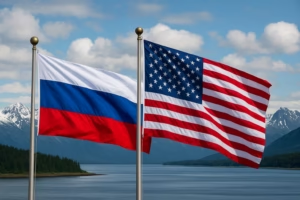
References & Sources
- Politico: Trump floats idea of meeting Putin in Alaska
- U.S. State Department: U.S. Relations With Russia
- Encyclopedia Britannica: Alaska State Profile
- History.com: Alaska’s Russian Heritage
- Council on Foreign Relations: U.S.-Russia Relations
- New York Times: Analysis of the Alaska Summit Proposal
- University of Alaska: Historical Timeline
- CIA World Factbook: Russia
Share this content:






